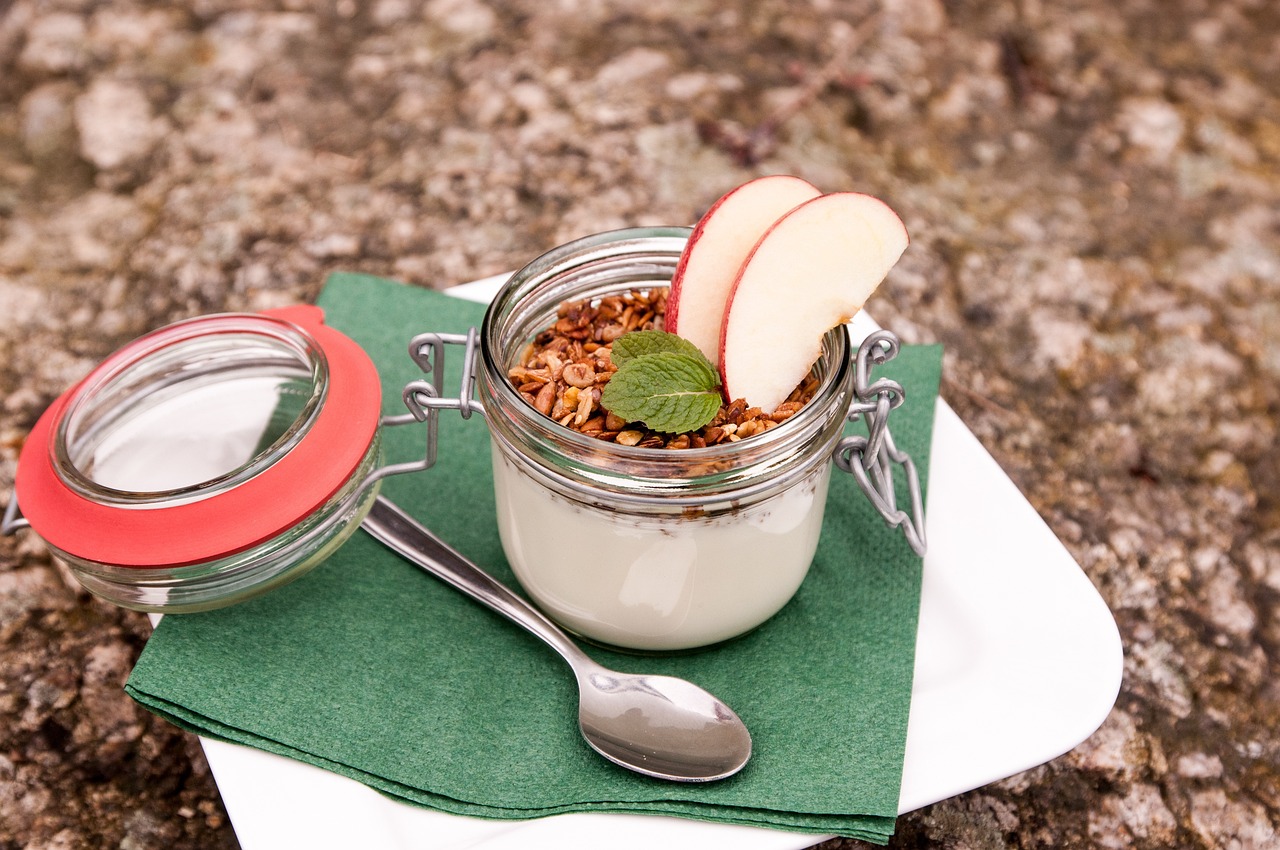“`html
Exploring the Nutritional Powerhouse: Superfoods
In today’s health-conscious society, the term “superfood” frequently pops up in conversations about nutrition and wellness. These foods, packed with extraordinary nutritional benefits, promise to improve overall health, boost immunity, and assist in weight management. But what exactly qualifies as a superfood, and how can you incorporate them into your daily diet? In this comprehensive guide, we will delve into the world of superfoods, exploring their benefits, categories, popular examples, and practical tips to boost your health.
What are Superfoods?
Superfoods are highly nutritious foods that offer a wealth of vitamins, minerals, and antioxidants that collectively contribute to better health. They are often whole, plant-based foods that can help combat chronic diseases and promote longevity. Understanding what makes a food “super” is essential in harnessing its full potential.
Key Characteristics of Superfoods
- Nutrient-Dense: High levels of vitamins and minerals per serving.
- Antioxidant-Rich: Contains compounds that help fight oxidative stress.
- Supports Immune Function: Aids the body’s natural defenses.
- Promotes Healthy Digestion: Often high in fiber, beneficial for gut health.
Popular Categories of Superfoods
Superfoods can largely be categorized into various groups based on their primary health benefits and nutritional profiles. Here are some prominent categories:
Fruits
- Blueberries: Known for their high antioxidant levels, which support brain health.
- Avocado: Rich in healthy fats and potassium, it promotes heart health.
Vegetables
- Kale: Loaded with vitamins A, K, and C and great for detoxification.
- Spinach: High in iron and calcium, beneficial for bone health.
Grains and Seeds
- Quinoa: A complete protein that contains all nine essential amino acids.
- Chia Seeds: Packed with omega-3 fatty acids, fiber, and various minerals.
Nuts and Oils
- Walnuts: Exceptional sources of healthy fats and known for their brain-boosting benefits.
- Olive Oil: Rich in monounsaturated fats, this oil promotes heart health.
Health Benefits of Superfoods
Incorporating superfoods into your diet can yield a multitude of health benefits:
Boosting Immunity
- High levels of vitamin C in fruits such as oranges and strawberries can enhance immune function.
- Antioxidants in superfoods like blueberries help neutralize free radicals in the body.
Enhancing Energy Levels
Superfoods can spute energy throughout the day:
- Quinoa and oats provide slow-release carbohydrates for sustained energy.
- Dark leafy greens can enhance energy levels due to their high vitamin content.
Promoting Heart Health
Many superfoods can protect heart health:
- Fatty fish (like salmon) provides omega-3 fatty acids that support cardiovascular health.
- Nuts contain healthy fats that can lower cholesterol levels.
How to Incorporate Superfoods into Your Diet
Adding superfoods to your meals doesn’t have to be difficult. Here are some practical tips:
Breakfast Ideas
- Add chia seeds to smoothies or overnight oats for a nutritional boost.
- Top your avocado toast with sliced tomatoes and hemp seeds for extra health benefits.
Lunch and Dinner Options
- Incorporate kale or spinach into salads or as a base for grain bowls.
- Quinoa can be used as a side dish or base for stir-fries.
Snacks and Desserts
- Make energy bites with nuts, seeds, and dried fruit for nutritious snacking.
- Blend berries into yogurt or smoothies for a healthy dessert alternative.
Conclusion
Superfoods offer incredible nutritional benefits, from boosting immunity to improving heart health. By understanding what qualifies as a superfood and incorporating them into your daily diet, you can take significant steps towards a healthier lifestyle. Remember to enjoy a variety of these nutrient-dense foods, as diversity in your diet ensures you receive a comprehensive range of vitamins and minerals. So, the next time you’re planning your meals, consider adding some superfoods for a vibrant and health-promoting boost to your food choices!
“`



